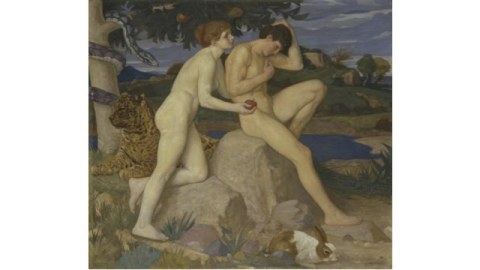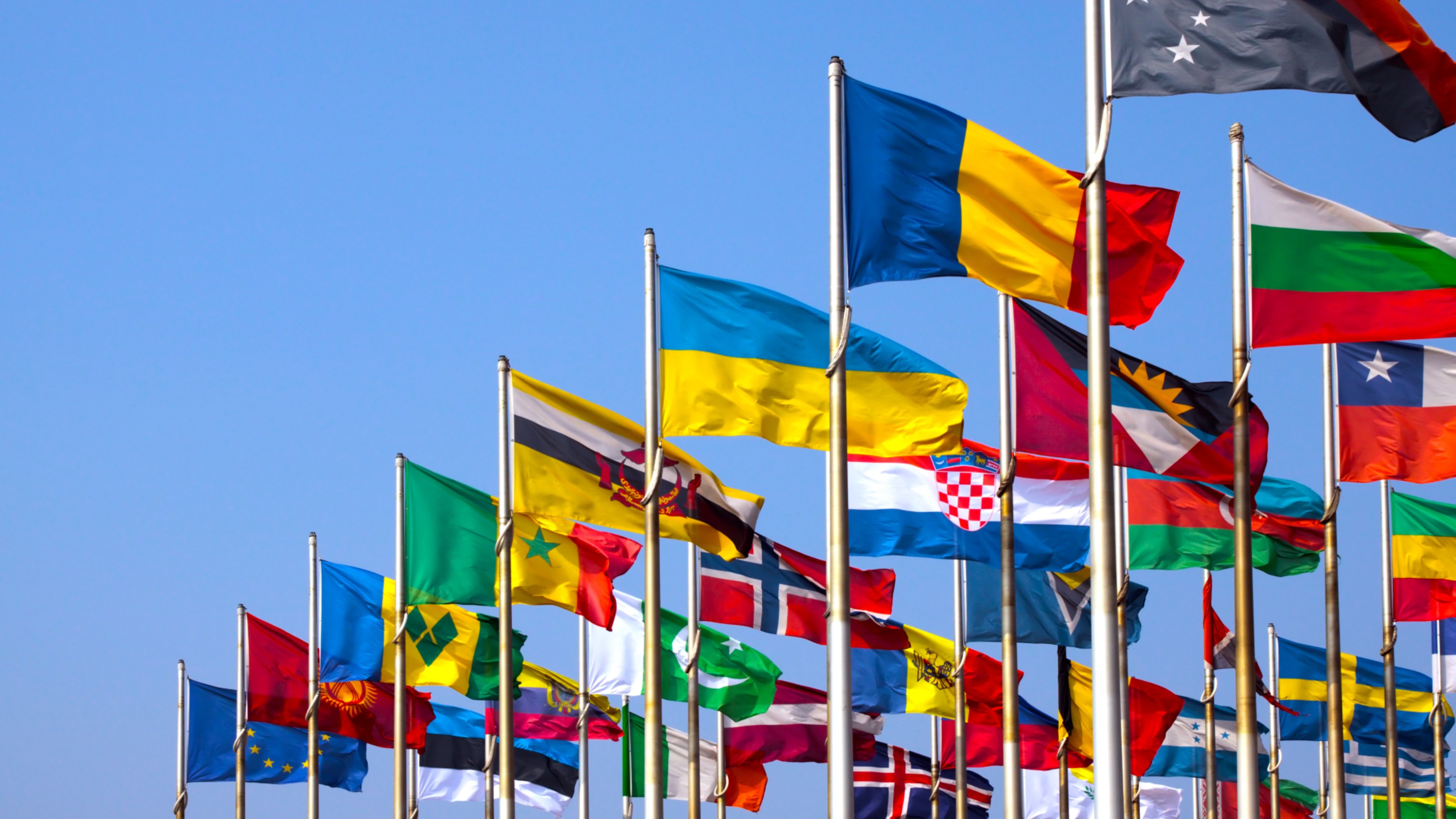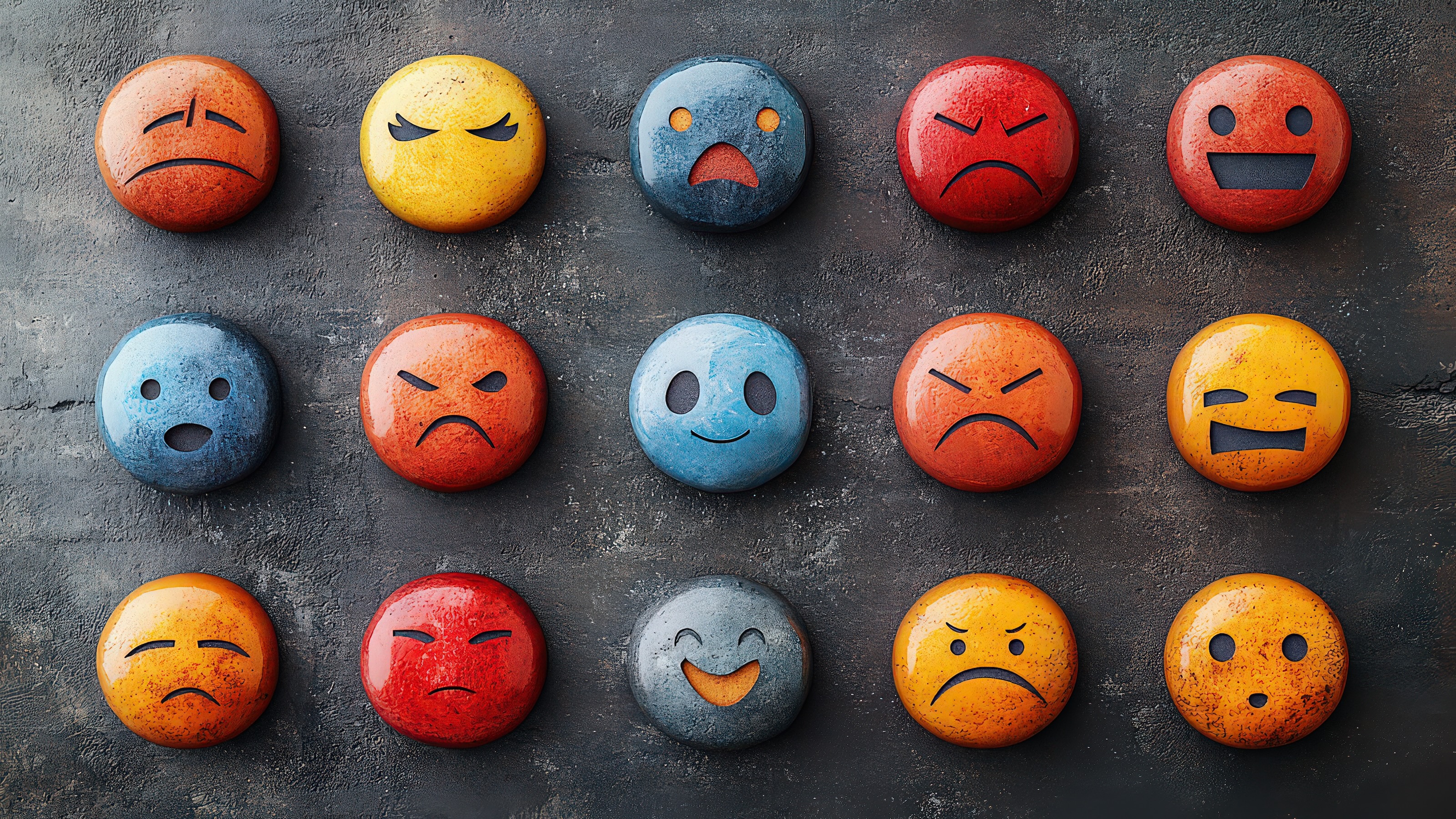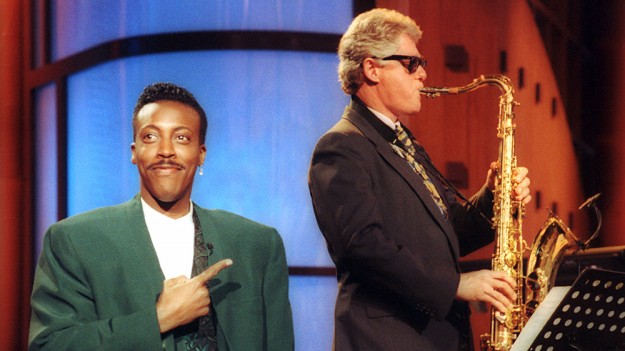Study: HPV Vaccine Is Not A Gateway to Sex

A frequently cited objection to widespread use of the Gardasil vaccine against Human Papillomavirus is that it will give children the message that it’s normal, expected and inevitable that they will have sex with a partner or partner who has had sex with others before. That is, for some parents, is a message they don’t want to send. At heart, that position is a matter of values and not facts. Still, maybe some parents can take comfort in this study (pdf), out today in the American Journal of Preventive Medicine: It found that the vaccine isn’t interpreted as a sexual all-clear. Quite the opposite: Girls who were vaccinated, the authors found, were no different in their later sexual behavior than were those who were not.
The study reviewed data on more than 1,200 women between 15 and 24, some of whom had received the HPV vaccine and some of whom had not. (The data source, the National Survey of Family Growth, did not specify the age at which the women were vaccinated.) There were no significant differences in the sexual experiences reported by the two groups.
The paper’s lead author, Nicole C. Liddon, told Health Behavior News Service’s Stephanie Stephens “the lack of association between vaccination and risky behavior should help assuage concerns” that the HPV vaccine reduces women’s inhibitions about having sex. Given that the vaccine is a cultural and political symbol, this seems unlikely. But at least this paper injects some real data into the argument.
Illustration: William Strang, The Temptation, via Wikimedia





